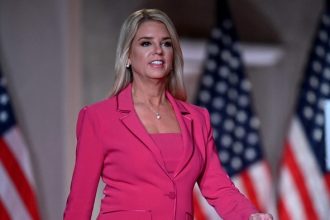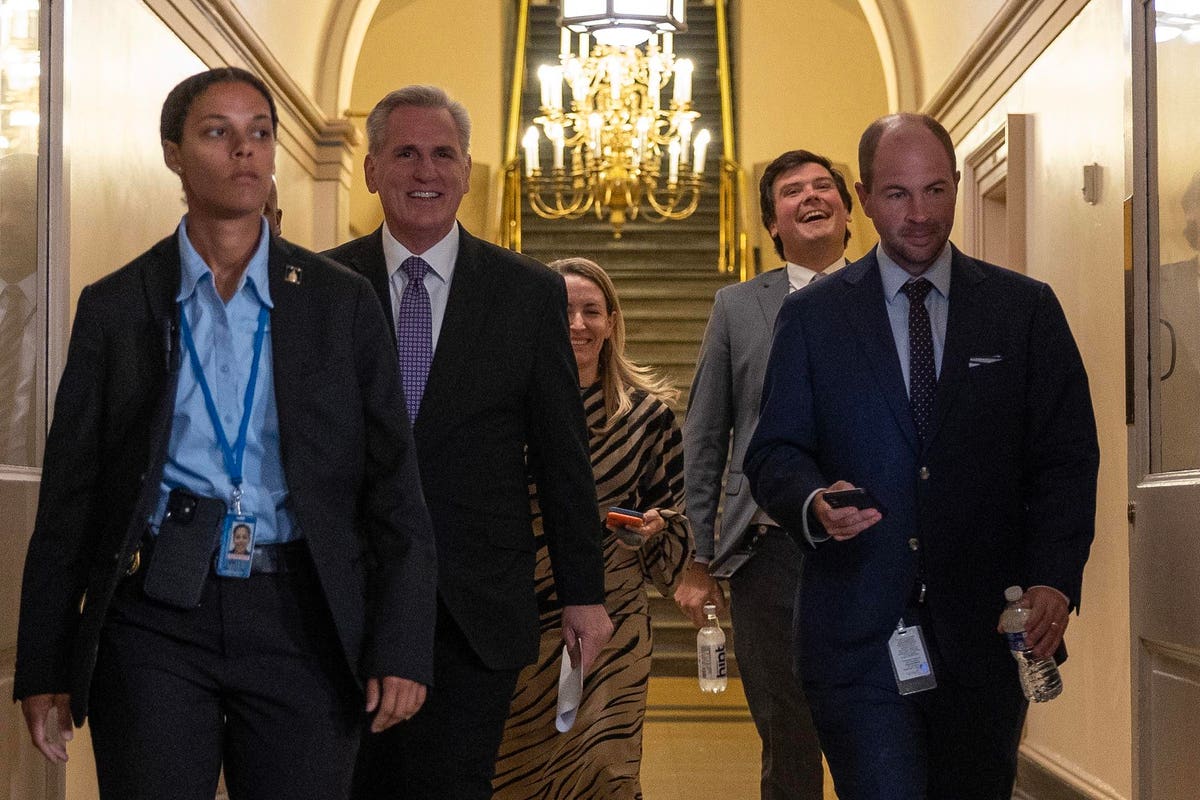This week’s Current Climate, which every Saturday brings you the latest news about the business of sustainability. Sign up to get it in your inbox every week.
As I write this, a shutdown of the federal government seems imminent, as House and Senate Republicans remain at loggerheads over a series of federal appropriations bills. A government shutdown, were it to happen, would have some big impacts on the federal government’s environmental efforts. For example, a majority of national parks will be closed for the duration. A government shutdown would also likely delay new climate rules being prepared by the EPA to enact portions of the Inflation Reduction Act. Turmoil during the budget process is already slowing down relief for survivors of natural disasters, as the Federal Emergency Management Agency is withholding $8 billion in disaster relief funds as it awaits a final budget from Congress.
The Big Read
Actor Matt Damon Scales Up Clean Water Venture With $200 Million Climate Infrastructure Plan
The movie star has been making quick progress with his clean water-focused venture, WaterEquity, which he cofounded in 2016 with engineer Gary White in hopes of ending the global water and sanitation crisis. Fresh off of closing a $150 million fundraising round earlier this month, their fourth to date, the pair unveiled to Forbes their plans for a series of funds focused on building climate-resilient water and sanitation infrastructure, including a $200 million target raise to kick off the project.
Read more here.
Sustainability Deals Of The Week
Age of Sail: Aryo, which is developing a sail solution for cargo ships to improve their fuel efficiency, announced it has raised a $21 million series B round led by SWEN Capital Partners.
Carbon Capture: Montreal-based carbon removal project developer Deep Sky is partnering with London-based direct air capture company Mission Zero Technologies to begin building direct air capture facilities in Canada. The two companies will first build a pilot plant in 2024 with an eye to building facilities that can capture as much as one million tons of carbon dioxide each year.
Climate Investing: Investment firm Anzu Partners announced that it has raised over $200 million for its third fund, which will be focused on next-generation startups in clean technology, life sciences and industry.
The Big Transportation Story
Some Warn EV Charging Is Pricier Than Gasoline. Don’t Let Them Fool You
Yes, you can (rarely) find cases where the electricity will cost a little more than the gasoline. But generally speaking, EV owners will pay much less to charge than fill-up. Which means over the life of the car, an electric turns out to be cheaper than a gas car, despite the sticker shock at the dealer’s.
Read more here.
Other Sustainability News
New Orleans and other communities in Louisiana are preparing for salt water to invade their drinking water after an extended drought in the Midwest decreased the flow of fresh water to the Mississippi River.
A new study found that during periods of higher temperatures, hospitals see a larger number of drug- and alcohol-related admissions—leading to worries that as climate change warms the planet, it could also exacerbate the consequences of substance abuse and alcoholism.
The Department of the Interior published a long-awaited plan Friday, outlining three offshore oil and gas lease sales over the next five years—the lowest number of sales ever proposed by the U.S. government.
The Honda Prologue, the company’s first high-volume electric vehicle, will be released in the first quarter of next year and features a 300-mile range.
Researchers at McGill University, Princeton and UCLA announced that they have developed a sustainable, inexpensive alternative to air conditioning that can be used to keep things cool when it’s hot outside.
What Else We’re Reading This Week
Want to Spur Green Energy in Wyoming? Aim for the Billionaires. (The New York Times)
Lego’s plan for eco-friendly bricks has fallen apart (Popular Science)
Classifying Heat Waves Will Help People Better Understand Their Dangers (Scientific American)
For More Sustainability Coverage, Click Here.
Read the full article here





